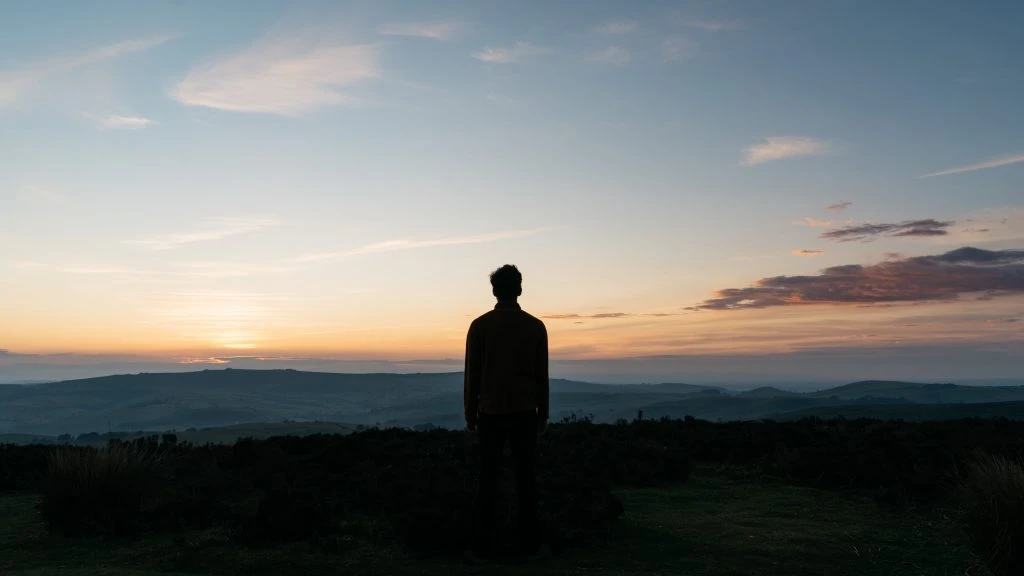You thought your interview was tough?
How about seven interviews? Each lasting 45 minutes to three hours…just for one job?
While it may seem like an extreme form of torture, some companies are forcing candidates to truly run the gauntlet, especially for sales positions. Hiring and training an employee is an expensive business—they want to be sure they get it right. But that doesn’t make it any easier to survive a long interview process. Here are some tips for making the challenge less painful and more successful.
- As you’re invited to your first interview, ask about the steps in the company’s interview process. Or when you’re wrapping up your first interview with a company, thank them for their time and ask what the next steps will be so you know what to expect.
- Prepare for each ensuing interview with the same gusto that you had for the first one. It’s impressive if you can take what you learned in the previous encounter and address it or discuss it in later interviews.
- There are practical considerations if you want to survive a long interview process. Fully charge your phone and laptop and bring cords and chargers before each meeting. Eat a high-protein, low-carb meal beforehand, and avoid too much caffeine—you want to be energetic, not jittery. Carry a bottle of water with you, but don’t consume too many fluids before your interview. (Review our post on things to bring to an interview.)
- Clothing for this many rounds can be a challenge. If your interview-worthy wear is limited, try switching out accessories. Ladies, trade a jacket for a fitted cardigan with the skirt or slacks; add a scarf; or try a brightly colored blouse under a neutral suit to change the look and feel of the outfit. Men, switching out your tie is the easiest way to stretch your interview wear, but don’t overlook distinctive patterned socks (if it’s ok in your industry) as a way to make a suit look different. Strongly colored dress shirts—think royal blue, sage green, mustard yellow—under a neutral jacket will also make a suit feel different from day to day.
- Thank each person in the interview process with both an emailed thank you and a handwritten thank you note. You want to impress each person every step of the way, and they may not share your messages amongst themselves.
- Continue to look for a job. Even if you’ve managed to survive a long interview process, the job is not necessarily yours. I’ve seen clients get a false sense of security in the late stages, only to lose in the end. Actively continue your search.
You can do more than survive a long interview process—you can thrive, if you view it as a great opportunity to make new connections, learn new things about a company or industry, and practice your skills. That kind of attitude alone will improve your odds of finishing the obstacle course and collecting the grand prize—a new job!



